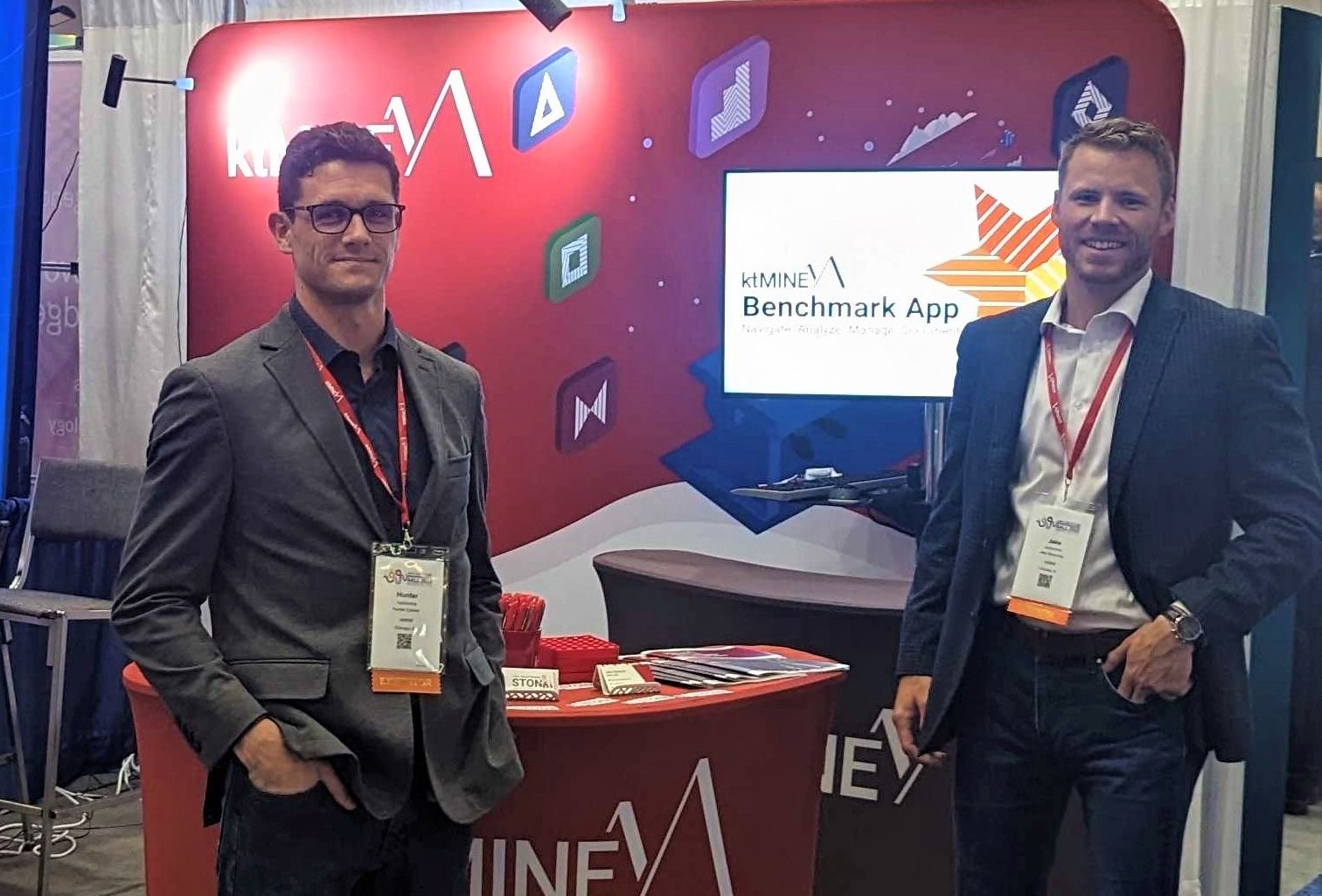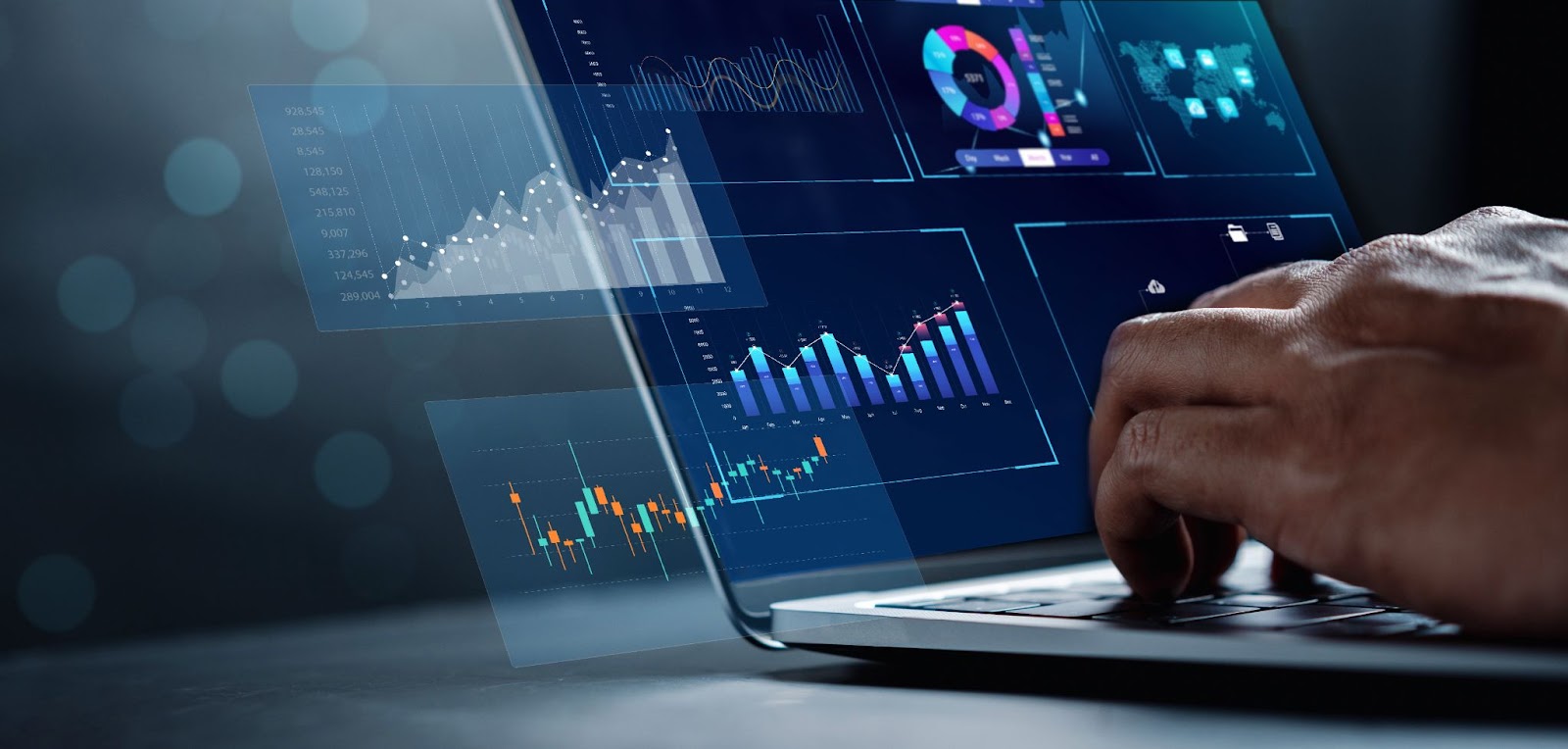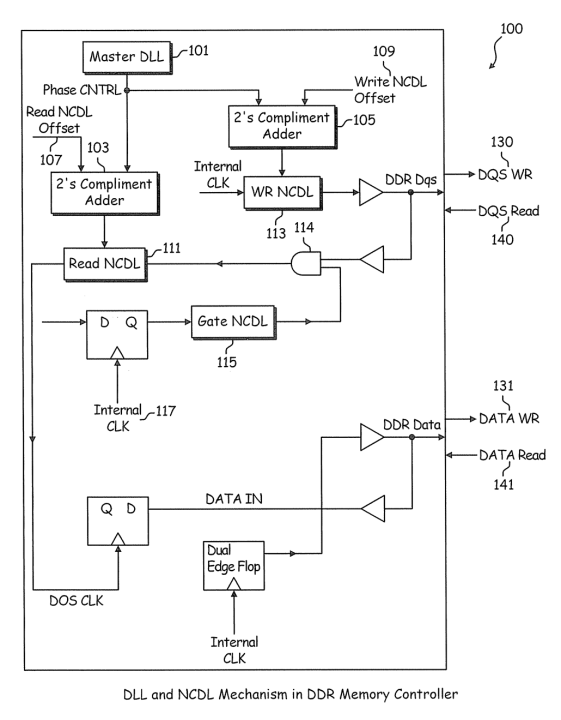The AALL Annual Meeting held in Boston July 15-18, 2023 was a vibrant gathering of legal professionals, technologists, and experts eager to explore the dynamic intersections of Artificial Intelligence (AI) and Application Programming Interfaces (API) within the legal realm. Throughout the event, several key themes emerged, focusing on both the potential risks and exciting opportunities that these technologies present.
Included here are observations from John Wiora, Jake Sweeney, and Hunter Calvert who attended the conference as ktMINE representatives.
Avoiding the Normalization of Mediocrity
One of the most resonating themes around AI was the unease voiced by Courtney Toiaivo of Holland & Knight about the risk of “normalization of mediocrity” where AI is concerned. This worry stems from AI’s reliance on vast datasets, which can sometimes include mediocre and/or unreliable sources of information. Additionally, if every firm were to adopt the same AI practices, there is a real risk of losing uniqueness and settling for ordinary outcomes, thereby normalizing mediocrity.
However, this does create a large opportunity for Law Librarians to use their considerable skills in vetting the quality of data fed into the AI. These skills will become even more important to ensure that AI isn’t fabricating data and citations, termed “hallucinations,” to be used as evidence. It is crucial for the legal community to address this issue responsibly and implement mechanisms to detect and prevent the spread of misleading information, such as an ethics committee.
AI’s Potential
Despite the concerns regarding mediocrity, AI certainly has its benefits and opens up various possibilities for law firms, particularly in creative applications like patent drafting. Panelists of the Exploring the Opportunities and Risks of ChatGPT in the Legal Industry showcase didn’t advocate for the use of ChatGPT for client work, but rather the use of the technology for summaries of public data.
Law firms can also harness the power of AI in automating processes and making data more accessible to attorneys. This can include the use of AI for invoicing; using AI to handle invoices to make the historical review of processes, as well as the creation of a more seamless endeavor.
APIs: Accelerating Legal Processes
The widespread usage of APIs across law firms was another noteworthy theme at the event. APIs have proven instrumental in automating processes, centralizing information, and making data more accessible to attorneys. By streamlining workflows and enhancing efficiency, APIs are revolutionizing the legal industry.
Real-World API Use Cases:
During the session Real World APIs: Who Is Using Them, and What Are They Doing With Them?, several panelists shared successful API deployments and its impact on their respective firms.
- Pam Noyd from Foley & Lardner utilized an API from Courtlink to create a system alerting attorneys of new IP lawsuits against their clients. The data is scanned twice daily for timely alerts.
- Emily Rushing of Haynes & Boone employed the LexMachina API to develop a dashboard and alert system for patent or PTAB litigation, providing insights on cases and client/prospect relationships.
- Keli Whitnell from Troutman Pepper integrated Dunn & Bradstreet data and Yahoo Finance API to create a centralized CRM system, managing contact information.
- Erik Adams of Sidley Austin employed the Research Monitor API to track software usage across all platforms, streamlining data for more effective analysis and decision-making.
Most often, Librarians noted it’s easiest to justify API costs if they aid in business development activities since it’s easier to tie the cost directly to increased revenue.
Patent Analytics for Data Storytelling
During the Patent Storytelling: Creating Concise Narratives Out of Big Data session, the panelists discussed the speed and timeline that often impacts the depth and process they need to perform patent research. Some of the key takeaways from the session included:
- The need for products that offer flexibility in how analytics can be edited or adjusted to tell relevant stories
- The need for capabilities to extract data or analytics to share within presentations back to the requesting attorney
- The desire to have live analytics available for their attorneys to interact with or evaluate
Overall, the session stressed the time constraints often put on research and the desire to trust and have control of their research so that it can be easily explained to the firm’s clients.
Final Thoughts
The AALL Annual Meeting in Boston shed light on the vast potential of AI and APIs in reshaping the legal landscape. While the concerns around the normalization of mediocrity and hallucinations require careful consideration, the opportunities to enhance efficiency, accuracy, and client service are remarkable. As the legal community embraces these technologies, it is crucial to approach their implementation responsibly and with an eye toward data quality, ensuring a future of successful and transformative advancements in the legal profession.
If you weren’t able to attend the event or missed us while you were there, be sure to get in touch with the ktMINE team to learn more about how our applications and global data can support your law firm’s IP research.





